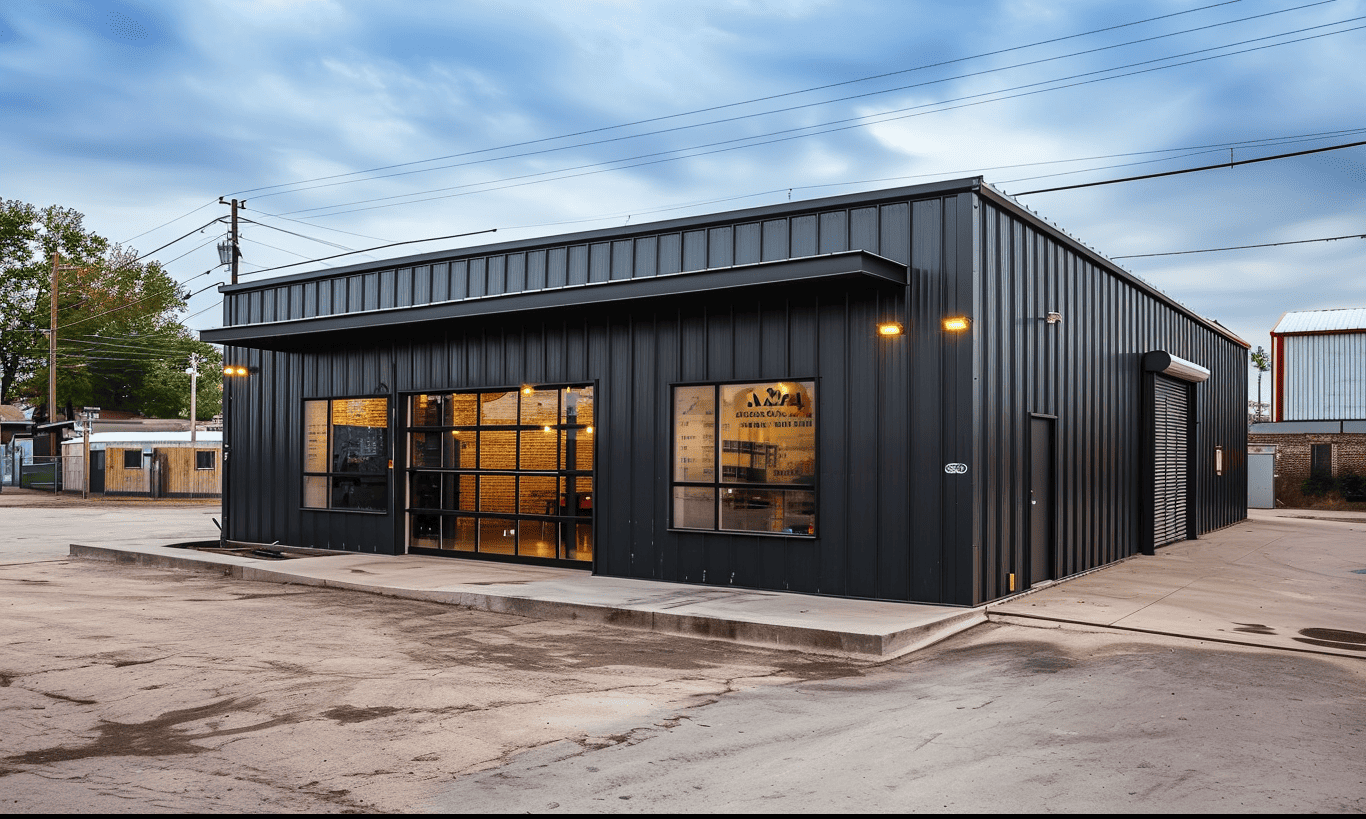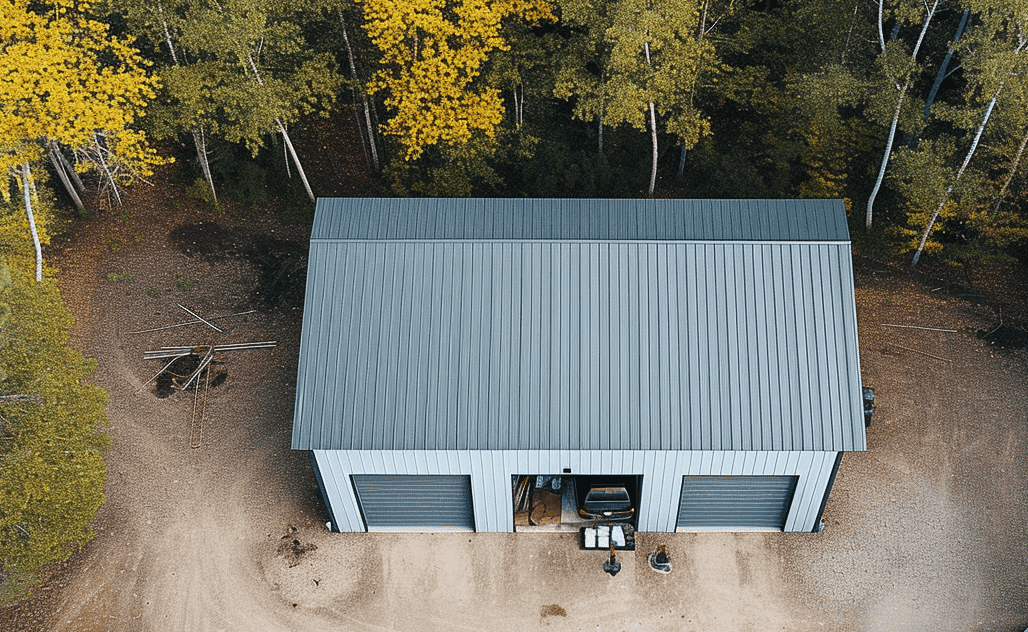Indigenous Tiny Home Company Responds to the Hamilton Home Shelter Procurement Debacle
In recent real estate development and construction news, Grand River Modular, an established indigenous tiny home company based in Brantford, Ontario, has voiced strong discontent with the City of Hamilton’s decision to acquire outdoor shelters for the city’s first homeless centre from a nascent Ontario-based company that, in turn, procured the shelters from China. The representatives of the local tiny home producing business argue that they could’ve furnished the shelters on time, had they been provided with the opportunity.
Grand River Modular Expresses Concern Over City’s Decision
A co-founder of Grand River Modular was quoted as being “utterly appalled” at this decision by the City of Hamilton. In an industry where local sourcing and supporting indigenous businesses often forms a cornerstone of ethical business practices, such a decision raises many eyebrows.
Locally Manufactured Tiny Homes – A Missed Opportunity?
Could this controversial procurement decision have been avoided? It seems so, according to Grand River Modular. They claim to have had the capacity and capability to meet the city’s requirements on time. Their production facility in Brantford is equipped to meet large orders and they have a proven track record of delivering high-quality compact homes, as seen here.

Impacts on the Local Real Estate and Construction Industry
The ripple effects of this procurement decision are worth examining. Local businesses, especially within the construction and real estate industry, would indeed have benefited from such large orders, leading to economic gains and job creation within the province. This overlooked opportunity brings to attention the necessity of considering local, especially indigenous businesses, in public procurement processes. The impact this could have on prefabricated construction in the area is another aspect to consider.

The Environmental Factors
Selecting four walls and a roof that have traveled halfway across the globe isn’t just a question of local economics, but also sustainability. It’s worthwhile to consider the carbon footprint of these imported cabins. Could the City of Hamilton have opted for a greener, local alternative?

A Time for Reflection
This development should serve as a wake-up call for all stakeholders in the real estate and construction industry, particularly those involved in public procurement processes. There is a need to consider local options, nurture indigenous firms, promote sustainable practices, and ultimately, make decisions that align with the needs and aspirations of the community. Perhaps, this is the right time for other municipalities in Ontario to rethink their procurement strategies.
In conclusion, it’s clear from this episode that our collective decisions can significantly impact local business dynamics, environmental sustainability, and overall community welfare. So, the question still stands – Should there be a more savvy approach to public procurement in Ontario, especially when it has the potential of promoting local, indigenous businesses and reducing environmental impact?
We’d love to hear your thoughts and experiences on this matter. Feel free to share your comments below or ask any questions. For more coverage on this story, visit the original news source here.




